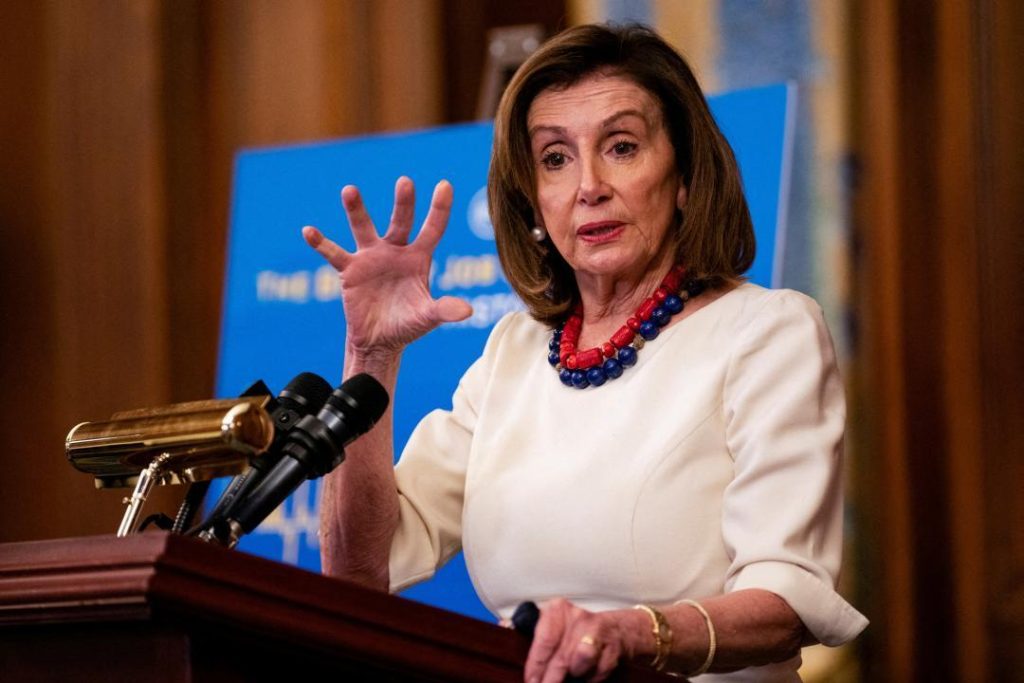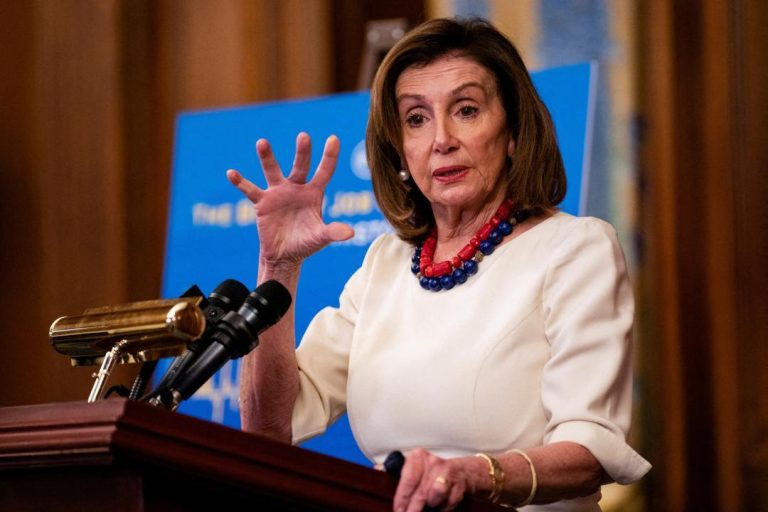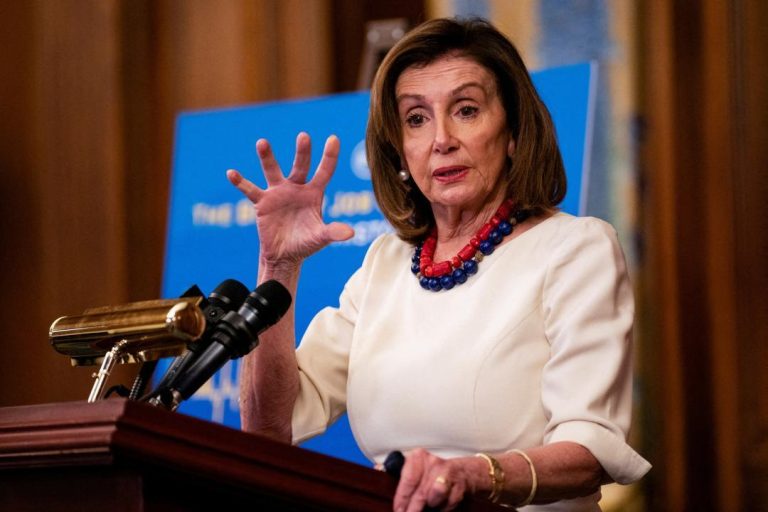
What is PELOSI Act & why is it named after former US Speaker Nancy Pelosi?
The Preventing Elected Leaders from Owning Securities and Investments (PELOSI) Act, reintroduced by US Senator Josh Hawley, is a significant piece of legislation aimed at addressing the issue of lawmakers’ personal financial interests conflicting with their official duties. The bill seeks to prohibit elected officials and their spouses from holding or dealing in individual stocks while in office, with some exceptions. In this blog post, we will delve into the details of the PELOSI Act and explore why it is named after former US Speaker Nancy Pelosi.
Background
The PELOSI Act is a response to the growing concerns about the potential conflicts of interest faced by lawmakers when it comes to their personal financial investments. The issue gained significant attention in recent years, particularly during the COVID-19 pandemic, when lawmakers were accused of making lucrative trades based on non-public information.
Key Provisions
The PELOSI Act, if passed, would prohibit elected officials and their spouses from holding or dealing in individual stocks, with some exceptions. The bill would allow lawmakers to invest in:
- Mutual Funds (MFs)
- Exchange-Traded Funds (ETFs)
- Treasury bonds
This means that lawmakers would be able to invest in a diversified portfolio of stocks and bonds, but would not be able to own individual stocks or engage in other forms of trading.
Why is it named after Nancy Pelosi?
The PELOSI Act is named after former US Speaker Nancy Pelosi, who has been a subject of controversy regarding her personal financial dealings during her term as Speaker. During her tenure, Pelosi’s net worth increased significantly, and she was criticized for making lucrative trades based on non-public information.
Pelosi’s investments in companies such as Tesla and Amazon, among others, raised eyebrows and sparked concerns about her ability to make impartial decisions as Speaker. The PELOSI Act is seen as a way to address these concerns and ensure that lawmakers’ personal financial interests do not conflict with their official duties.
What does this mean for lawmakers?
The PELOSI Act would have significant implications for lawmakers, who would be required to divest themselves of individual stock holdings and refrain from making trades based on non-public information. This would help to prevent conflicts of interest and ensure that lawmakers’ decisions are based on the best interests of the country, rather than their personal financial gain.
What does this mean for the country?
The PELOSI Act is seen as a step towards increasing transparency and accountability in government. By prohibiting lawmakers from holding individual stocks, the bill would help to prevent conflicts of interest and ensure that lawmakers’ decisions are based on the best interests of the country, rather than their personal financial gain.
Additionally, the bill would help to restore public trust in government, which has been eroded in recent years due to concerns about lawmakers’ personal financial dealings.
Conclusion
The PELOSI Act is a significant piece of legislation that aims to address the issue of lawmakers’ personal financial interests conflicting with their official duties. By prohibiting elected officials and their spouses from holding or dealing in individual stocks, the bill would help to prevent conflicts of interest and ensure that lawmakers’ decisions are based on the best interests of the country, rather than their personal financial gain.
The act is named after former US Speaker Nancy Pelosi, who has been a subject of controversy regarding her personal financial dealings during her term as Speaker. The PELOSI Act is seen as a step towards increasing transparency and accountability in government, and would help to restore public trust in government.
Source:





